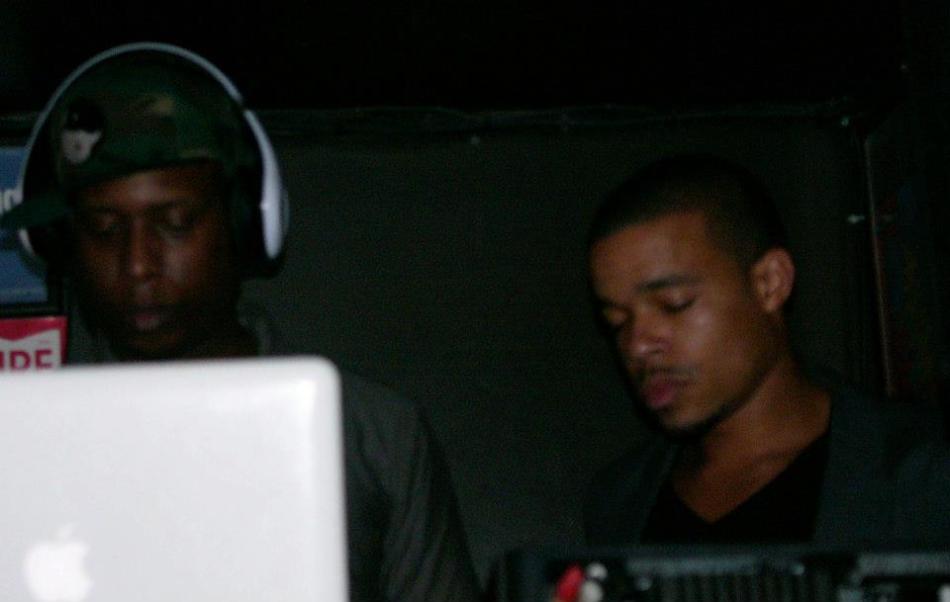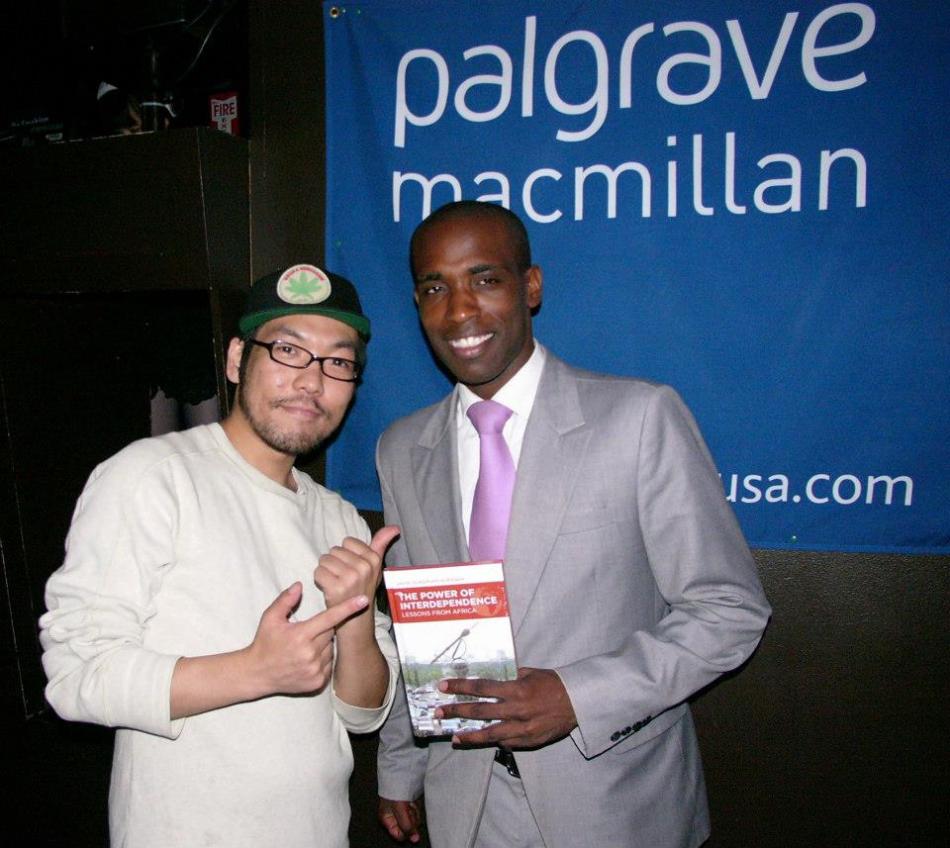David O. Kuranga, Ph.D.
The author is the Managing Director and Principal of Kuranga and Associates, a full-service investment, political and economic risk consultancy, and asset management firm that specializes in Africa. He is also the author of The Power of Interdependence with Palgrave Macmillan Press.
Directly a result of the improper-planned mission in Libya, half of Mali is under control of Libyan armed extremists and the many foreign fighters that took part in the former Libyan regime. Only part of the NATO alliance that took action in bombing Libya is ready to support action in Mali. Namely, the French Government now led by President Hollande, is taking a very active stance in Mali similar to President Sarkozy in Libya. The key absent parties are the United States and the United Kingdom. The question is, why? Why would the United States, who recently experienced the impact of the North African terror network in Benghazi, be so slow and obstructionist to an intervention in Mali? Especially given that their own troops would not be called to participate. If the US had doubts about the capacity of African troops, then the supportive stance would be to help enhance them with material and financial contributions. Delaying a response only allows for the adversary, the same one responsible for the killings of Americans in Benghazi, to grow stronger, train more cells, generate more revenue from criminal activity, and begin to project throughout the region and the world. United States General Carter Ham noted that the groups occupying Northern Mali, especially AQIM and their affiliates, was growing stronger by the day. Thus he and his colleagues know that delaying makes the task more difficult. He also said that “negotiation is the best way”. In the same speech he noted that AQIM was supplying bombs to Boko Haram in Northern Nigeria as well as financial support and training. Both groups have been officially labeled by the United States government as terrorist organizations. Yet, one of the top Generals said that negotiations with AQIM in Mali was the best way to end the conflict there. Thus he endorsed a policy of negotiating with terrorists.
The hypocrisy of the United States with respect to its response to the crisis in Mali is glaring. Given that it was the US led bombing campaign in Libya that led to fighters based there fleeing into northern Mali with weapons taken out of Libya to do battle in Mali that caused the entire situation in the first place. It is in part the US and its failure in Libya that is responsible for Mali yet they have been delaying, allowing a group that is linked to the killing of officials at their consulate to grow stronger. This is making the work of the African-led efforts resolve it more complex and difficult. It is not clear how far the US has gone to delay intervention. The UN Special Envoy Prodi had talks with key US figures before he was appointed by the UN Secretary General. It is unlikely that they would have approved his nomination had he not supported their now clear agenda to delay intervention and block it by claims of improper planning. The mission in Mali is far better planned, conceived, and organized than the US-led NATO bombing campaign in Libya. Hence why that mission failed to contain the hostile groups or the large supply of weapons that eventually poured into Mali. Given that the US has willing countries to shoulder providing ground support in the form of trained troops that answer to recognized and respected governments, something that was not at all the case in Libya, it is not clear why the US would not also jump on with France and join in to support the effort to clean up their mess. On top of this, a top United States General, Carter Ham, is breaking ranks with decades of US policy and advocating that the best policy is to negotiate with terrorists!
There are a host of questions with respect to the response of the United States in Mali. I for one do not believe that Army General Carter Ham really thinks that the best policy is to negotiate with terrorists. He, like myself is fully aware that even rebels do not negotiate unless there is a credible threat of force. There is clear evidence as that now that the threat of an imminent African-led intervention grows that rebels in Mali are now beginning to concede ground in talks. Even Ansar Dine, an ally of AQIM, recently agreed in principle to respect religious freedom. Ham also knows that negotiating with terrorists serves to encourage them, something that the US has sought to avoid. So why the blatant hypocrisy? What is the US trying to achieve by all this? They too have felt the effect of AQIM leveling attacks on their own officials in the region. Just like France, the US also has every reason to want the threat now posed in northern Mali eliminated. What could the US possibly gain in Africa that would be worth allowing the threat in Mali to grow and strengthen for another year as they have suggested? How could West African instability serve US interests?
There are a few possible answers to this question. One possible outcome of a delay to act decisively in Mali is that regional forces may not be able to fully retake northern Mali with their current resources even with support from France, if they give AQIM a year to build-up as the US, and the UN is now suggesting. Thus they may require substantial resources from the world’s pre-eminent military power. The US has for long been trying to get African countries to agree to host AFRICOM, the US military central command post for Africa which is actually led by General Carter Ham, which today is based in Germany. The fear of sovereignty and a neo-colonial force has led to African leaders resisting US requests to host a large central base. However, since the fiasco in Mali the US has secured the temporary use of bases in Burkina Faso and perhaps other countries in the region. Greater instability in West Africa could go a long way to helping the US military secure its permanent base it has long been seeking. Thus while it is not in the short-term interest of the US to allow AQIM to grow in West Africa, it may indeed support their long-term goal of securing a permanent base for AFRICOM. This would explain the hypocritical stance by US General Ham, in asserting that negotiating with terrorists was the best policy. While he knows that it would not yield any resolution to the crisis, which is why his own government has never engaged in or supported such a strategy, it may indeed serve to enhance the foothold of the US in the region.
Kuranga and Associates Global Consultancy is a political and economic risk management firm with a principle practice area of Africa. To learn more about Kuranga and Associates go to www.kaglobal.net. © Copyright 2012 David Kuranga. All rights reserved. This material may not be published, broadcast, rewritten or redistributed.
David O. Kuranga; Ph.D.
Managing Director
Kuranga & Associates Global Consultancy
Phone: 212.363.0936
david.kuranga@kaglobal.net
https://kurangaandassociates.wordpress.com http://us.macmillan.com/thepowerofinterdependence/DavidOladipupoKuranga






















